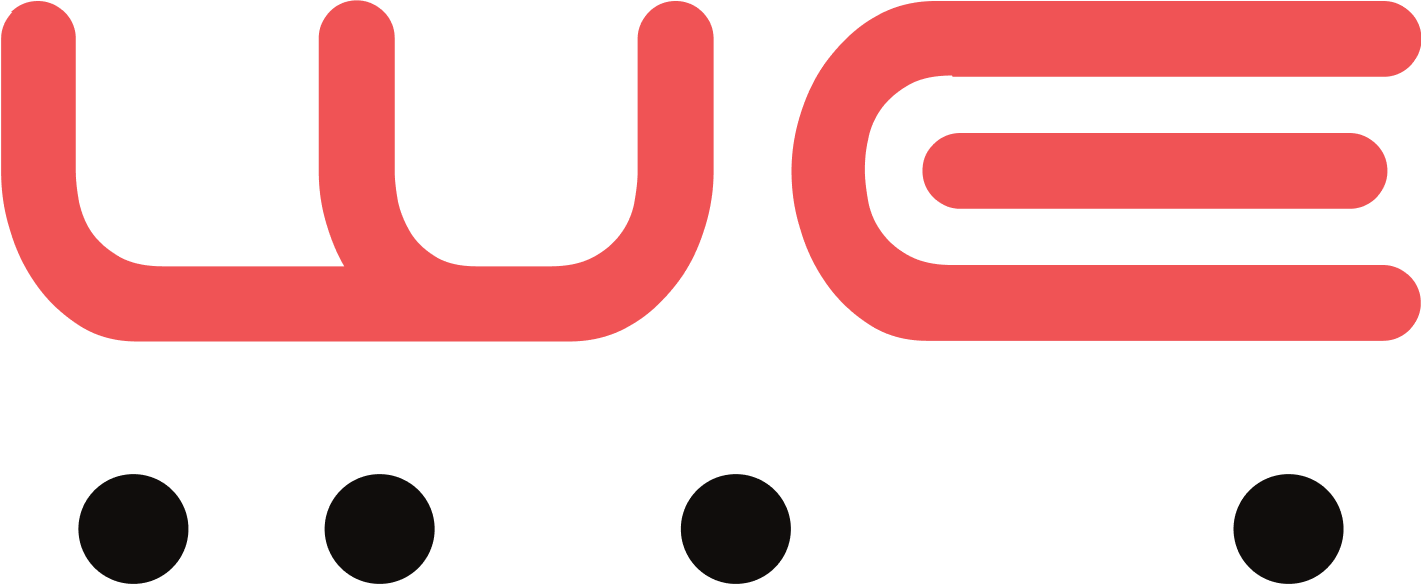It’s 2025, and distractions are everywhere. Imagine it’s a quiet Friday night—you’ve queued up your favorite movie, popcorn in hand, and you’re ready to unwind. But before the opening scene even starts, you’re scrolling through social media. Minutes slip by, and suddenly you realize you’ve missed the best part. You put your phone down, only to pick it up again moments later without even thinking.
Sound familiar? In today’s fast-paced digital world, staying present and focused can feel impossible. Whether it’s work, personal projects, or downtime, distractions creep in, stealing our precious time and mental energy. You might find yourself lost in a sea of notifications, daydreaming about your next meal, or staring at your to-do list without making any progress.
The good news? There’s a simple way to break free from this cycle—stretching. Taking just a few minutes to stretch at home can help you reset, refocus, and reclaim your time. Stretching not only improves your flexibility but also calms your mind, boosts circulation, and enhances your overall well-being.
So, next time you catch yourself endlessly scrolling, put your phone down and give your body a stretch—you’ll feel more productive, present, and ready to take on whatever comes your way.
We live in a world of constant stimulation.
Social media can be a wonderful thing, but it also can suck us in for hours, making us envious of the lives we don’t have.
Focusing is the act of concentrating on a single activity, as much as that might be easier said than done. The trick is learning how to focus and how to tune out unnecessary distractions.
Ways To Focus
Be present and mindful.
This is where an understanding of basic meditation principles comes in handy. Allowing your breathing to deepen and your mind to clear allows you to focus deeply on what you are doing. Live in the moment and embrace every second.
Be as simple as possible.
Avoid clutter as much as you can and close tabs when you are done with them. When you have multiple screens running and several programs open, it tells your mind that there is always something else to look at or to do.
Avoid multitasking to improve concentration.
The human brain has been proven not to be able to function properly when you multitask. You lose efficiency and quality when you are trying to accomplish too many things at once. It is better that you fully dedicate yourself to the task at hand and then set it down completely before starting anything new. You’ll actually increase productivity and complete more in the same amount of time!
Monitor your use of social media platforms.
Try setting the goal of not looking at emails or social media until a few hours after you start work. This allows you to deeply focus on what is most important in your day without getting sucked into the scrolling algorithm.
Take breaks for your mental health.
Get up, walk around, and allow your mind to wander occasionally. There is one methodology that says you should work for 25 minutes and then take a 5-minute break. Once you do this pattern four times, take a 20- minute break to help you stay focused in the long run.
By allowing your brain to rest with regular breaks, you will come back to your work feeling refreshed and better than before.
Get rid of distractions.
Is your phone going off every thirty seconds with a new notification? Are you in a noisy location or are people constantly coming in to talk to you?
Acknowledge that each of these will pull away from your focus and find solutions to them that will help you to avoid distractions. Silence your phone and move it a few feet away from you and put up a sign that says that you are only to be disturbed in emergencies.
Make a to-do list.
There is this process called the 25/5 rule. Basically, you make a list of 25 items you want to achieve, determine the 5 most important, and ONLY do those ones. While this is designed to be a longer goal-setting process, you can adapt it to your daily life, choosing only the top 1-3 things in planning your day and focusing on them. Once those are done, you can shift your focus to the next most important on your list.
Drink some caffeine.
While too much caffeine might give you the jitters, a cup of coffee or tea can help you to focus. This works when the caffeine enters your brain and blocks adenosine receptors, which are what create the feeling of tiredness. You won’t feel tired again until the caffeine is broken down.
With too much caffeine consumed regularly, however, your brain starts producing more adenosine receptors so you need more stimulants to create the same alertness as before. If you would like to read more about the effects of caffeine and how it works, check out this fascinating article from the Addiction Center.
Listen to music.
Try to avoid music with clearly understood lyrics (even if they’re in another language.) Your brain is registering that someone is trying to communicate and it will subconsciously try to understand what they’re saying, pulling from your focus.
Instrumental music can help soothe your mind, showing your subconscious that you are in a safe place to let down your guard and focus completely. Video game music is wonderful to listen to while working. These musical scores are designed to enhance your focus on the task at hand and to prevent you from noticing the passage of time.
Here is our article explaining a little bit more about how music affects you in daily life.
Take a movement break.
A quick physical exercise is great for getting the blood flowing, bringing in the fresh oxygen, and essentially hitting the reset button on your body. A short walk is a great way to get some fresh air, but so is taking a few minutes to get up and stretch. It eases tension throughout your body, and you don’t need a lot of space to get moving.
Make sure you stay fed and hydrated.
When you’re not feeling 100%, ask yourself when was the last time you ate or drank something. If your stomach is growling, then your attention is distracted from the task at hand. When you’re dehydrated, your blood pressure goes down, leaving less blood to carry oxygen and nutrients to your brain, not letting you think properly.
Get enough sleep.
Think about how productive you’ve been on a night where you had enough sleep.
Having a brief rest during the day can be restorative. If you are regularly experiencing sleep deprivation, though, it’s best to see a doctor as soon as possible, as there might be an underlying concern.
Focus can require making decisions.
The more choices you have, the more likely you’re going to be tortured by having to choose. (This is why restaurant menus are very carefully designed!)
This is also where the idea of decision fatigue comes in. Basically, the more decisions you have to make, the less likely you are able to make well-thought-out choices. This is why some people insist on wearing the same or similar clothing every day- so that they can save their decisions for other matters.
The biggest thing that will help you in your focus, though, is learning to say no. You may want to say yes to whatever task your friendly colleague has asked, but in doing so, you have effectively said no to doing whatever tasks you had planned for that time.
In the words of James Clear, “When you say no, you are only saying no to one option. When you say yes, you are saying no to every other option.”
You will find that by adding some focus to your life, the quality of both your work and the relationships around you will improve. Try starting now, by closing this browser the minute you finish reading this. 😊
Any links included are for reference, additional information, or entertainment value only, without monetary compensation. Contact us on social media or at [email protected]. Photos courtesy of Unsplash.
This article is not intended to act as or replace medical advice. Please talk to your healthcare practitioner if you have any concerns.
Written by Kayla Willsey
Updated July 5, 2021





